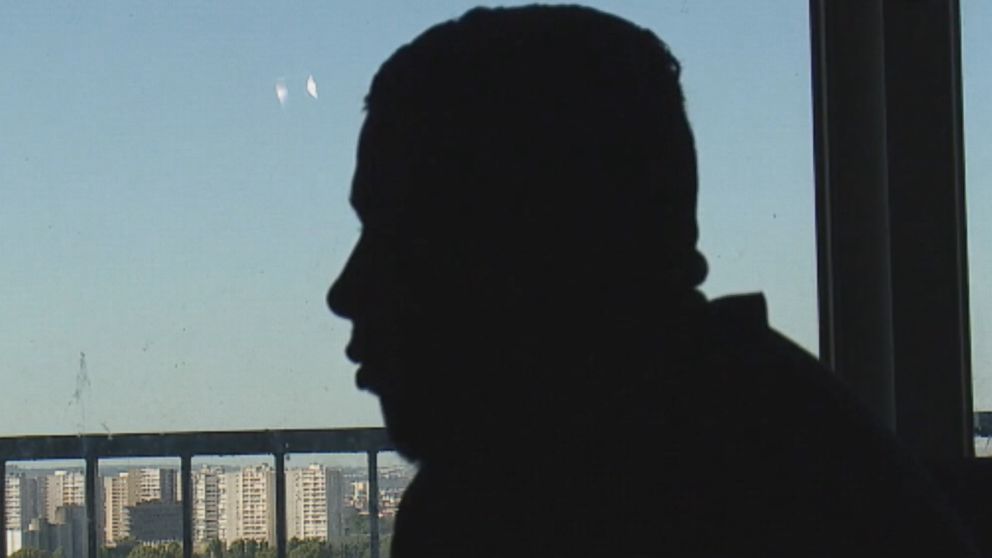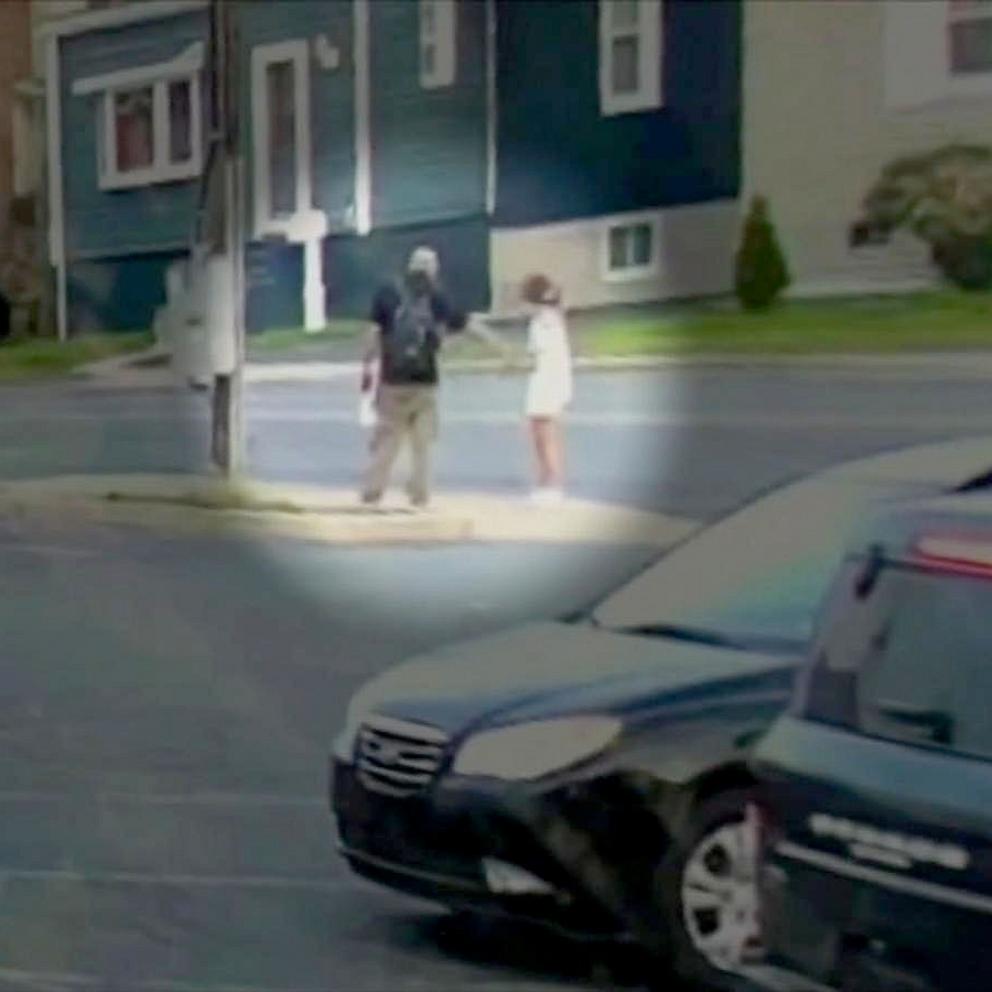On the Brink: The Story of One French Teenager Who Almost Joined ISIS
— -- In a dark room in a Paris suburb, a Muslim mother shared the story of how she almost lost her son to one of the deadliest terrorist organizations on Earth: ISIS.
“I always wanted to preserve [my son] from this,” Fathima said, her face obscured in darkness to conceal her identity. ABC News has also used pseudonyms for the mother and her son.
It was Nov. 2014 -- just months after ISIS declared its caliphate across Iraq and Syria -- when her son, Omar, was first approached by Muslim men on the streets across from their suburban home.
Omar had never seen the men before, but that didn’t stop them from attempting to radicalize the teenager who was already becoming more interested in religion.
“They said this [Syria] is where we have to help the Muslim brothers,” Omar told ABC News.
Soon afterward, he said he began searching about ISIS online, coming across propaganda videos posted by the organization on Facebook. The videos showed ISIS fighters giving food to starving children and protecting the locals from Syrian President Bashar al-Assad’s relentless aerial bombardment.

Omar said he was intrigued by the videos and wanted to go to Syria to help. He said he had no knowledge of the violence ISIS was capable of committing around the world.
Fathima also knew about ISIS, but said she was hesitant to talk to her son about the group for fear he would go online and become tempted to travel to Syria. She said she faced the issue parents around the world can probably identify with: Tell a child not to do something, and it makes them want to do it more.
It took the terrorist attack on the French satirical newspaper Charlie Hebdo in Jan. 2015 that killed 12 people to scare Omar away from a life with ISIS, or “Daesh,” an acronym of its Arabic name.
“He sent me a [text] message saying, ‘Look at the terrorist attack, look at the terrorist attack,’” Fathima said. “I smiled and said, 'He’s finally going to realize, finally.' I was very shocked by the terrorist attack. And I answered to him, ‘You see Daesh? That’s what Daesh does. Those are not Muslims.’”
Omar said he saw the ISIS recruiters only once more.
“I explained to them that Daesh said they made the attack on the Charlie Hebdo,” Omar said.
When the men acknowledged the ISIS connection, Omar said he never looked back.
Omar received help from Djamel Guessoum, the director of Arsej, an organization that seeks to help youth on the verge of radicalization in the St. Denis suburb of Paris. Djamel often works with neighborhood imams, who explain to Muslim youth that terrorist ideology is counter to the Islamic faith.
“I’m very lucky because I’m very close to my son so he tells my everything. In other families, especially in Muslim culture, Muslims don’t share with their parents,” Fathima said. “A teenager that’s alone and gets a certain message … they are kind of the perfect target.”
Fathima said she fears that Muslims who are not well integrated into French society can be easily attracted to Daesh by recruiters like the ones who almost took her son.
She has watched Muslim mothers on French TV, asking for help because their sons have gone to fight with ISIS in Syria. Fathima said she would not have done the same, fearing it would push her son further away from her.
One of Omar’s friends who went to Syria is now dead. It’s a grim reminder of what could have been the conclusion to Omar’s own story.
Fathima said she doesn’t worry about her son now because “he understands.” Omar said he believes ISIS fighters are not part of Islam. He told ABC News that he hopes to own his own company someday.
When asked about how he would like to help the Syrian Muslims he was so concerned about in those ISIS propaganda videos, Omar responded simply.
“I would love to do humanitarian stuff. That’s the only way.”
ABC News used a translator for the interview with Fathima and Omar.



